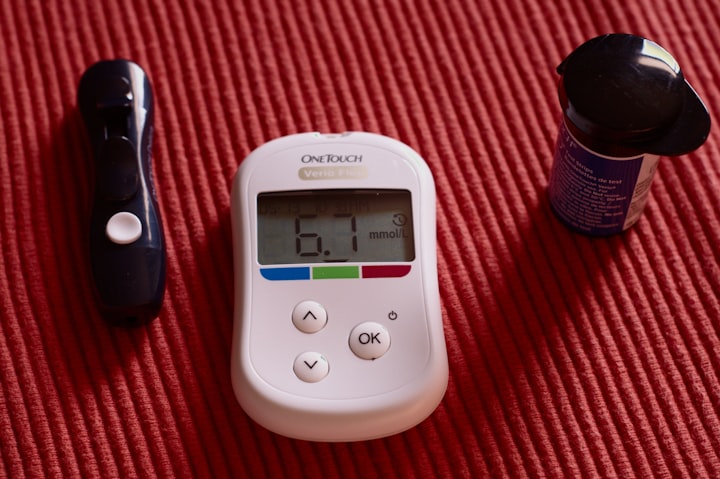The Role of Probiotics in Cancer Prevention Receives Increasing Attention
Cancer

Liver cancer is the fifth most common cancer in the world and is the third leading cause of death from cancer. A healthy diet and lifestyle are the key to the prevention of various diseases. In the past few years, we have, as a part of a healthy diet and getting more and more attention for their role in the prevention and treatment of cancer, including cancer of the liver. Do we have the potential to prevent liver cancer?
Liver cancer is a highly complex process that is regulated by a variety of factors, including hepatitis b, hepatitis C, excess alcohol consumption, non-alcoholic fatty liver degeneration, genetic mutations, and long-term exposure to aflatoxins. These factors can easily lead to damage to the liver, which will later develop into liver fibrosis, cirrhosis, and eventually liver cancer. The incidence rate of cancer is quite high. The majority of liver cancer cases have been of late, coupled with the high cost of treatment and poor outcomes, which results in a high mortality rate. Therefore, early in the prevention of cancer of the liver is extremely important.
The current understanding of the potential of probiotics in the prevention of cancer of the liver has a number of new guidelines for the future of risk management, and alternative methods of treatment of cancer of the liver. We can reduce the risk of cancer of the liver, and the regulation of the intestinal microflora of the host and prevent endotoxemia is associated with dysbiosis, to support the barrier function of the intestinal epithelium and inhibits the translocation of bacteria and their derivatives in the blood throughout the body.
We can also increase the expression of anti-oxidant enzymes, promoting the growth of beneficial micro-organisms in the production of active metabolites, and oxidative stress in the liver. The antiviral activity of probiotic supplements can reduce the risk of cancer of the liver, due to the occurrence of chronic infection with the hepatitis B virus and hepatitis C virus.
In addition, probiotics can also prevent liver, fat, toxicity, and the improvement of obesity and non-alcoholic liver tissue. We also have anti-angiogenic, anti-proliferative, and antitumor metastatic properties, and can regulate the expression of tumor suppressor factors, and the inhibition of the expression of oncogenes, thus increasing the risk of cancer of the liver. Finally, we can have a biological conversion of non-nutrient components, such as flavonoids, in simpler metabolites with anti-cancer effects. All of the anti-cancer mechanisms, illustrating the potential of probiotics as a strategy to manage the risk of cancers of the liver, and adjuvant treatment.
Supplements containing Lactobacillus acidophilus and Bifidobacterium lactis may help improve liver damage in patients with non-alcoholic liver fat, as reflected in the serum alanine aminotransferase levels, aminotransferase activity, and total cholesterol levels. In obese patients, patients who suffer from non-alcoholic fatty liver illness, and the taking of probiotics can make a significant reduction in body weight and body fat. A complex of probiotics can make a significant improvement in liver histology in patients with nonalcoholic fatty liver disease and reduce liver damage caused by the condition. deterioration of liver fibrosis, and denticle disease.
However, there are few clinical trials of probiotics for the prevention or treatment of cancer of the liver. In the future, more research is needed to explore the synergistic effects of a variety of probiotic supplements in reducing the risk of cancer of the liver, and the creation of a complex of probiotics is that it can provide an excellentanti-cancer effects. At the same time, the ability of probiotics to biotransform some of the components of food, metabolites with antitumor properties, may also be further studied to make it more effective synbiotic treatments for the prevention and treatment of cancer of the liver.
Of course, the best way to prevent liver cancer is to eat a healthy diet and lifestyle, get the hepatitis b vaccine, drink less alcohol, avoid exposure to chemicals, such as aflatoxins. At the same time, in the current society full of uncertainties, and we are looking at we have to usher in a new era in the prevention of cancer of the liver.
About the Creator
Siddhartha Sapkota
I am a passionate content creator.






Comments
There are no comments for this story
Be the first to respond and start the conversation.